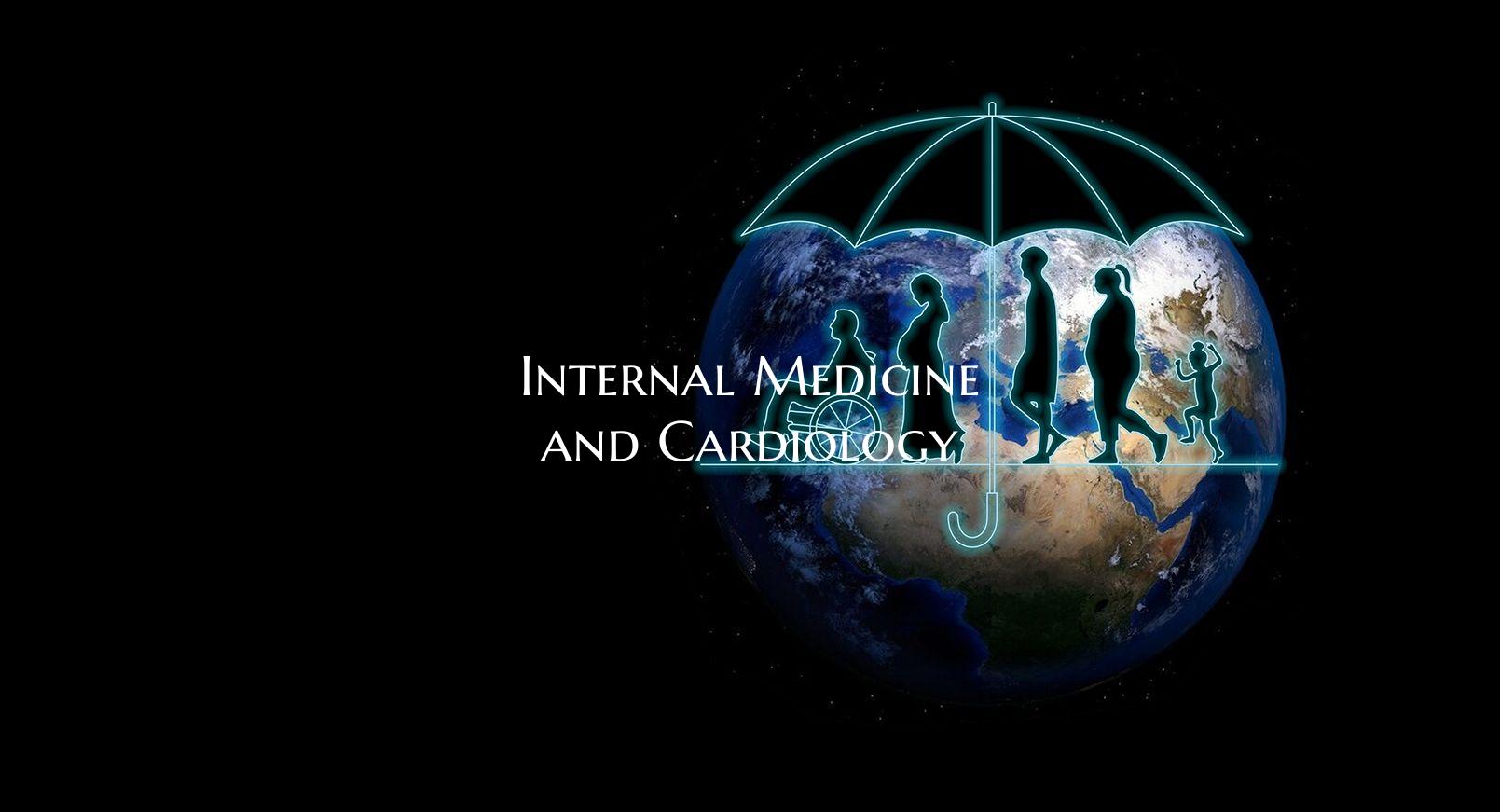
Internal Medicine and Cardiology
Internal medicine and cardiology are two closely related branches of medicine that play vital roles in the care and treatment of patients with a wide range of health conditions. While internal medicine focuses on the prevention, diagnosis, and non-surgical treatment of adult diseases, cardiology specializes in heart-related conditions and disorders. Despite their distinct focuses, these two fields are often deeply interconnected, reflecting the intricate relationship between overall health and cardiovascular well-being.
Internal medicine physicians, also known as internists, are equipped with a broad understanding of various medical conditions that affect multiple organ systems within the body. They are trained to diagnose complex diseases, manage chronic conditions such as diabetes, hypertension, and respiratory illnesses, and coordinate comprehensive care for their patients. Recognizing the fundamental role that the heart plays in overall health, internists routinely assess cardiovascular risk factors, such as high cholesterol, obesity, and smoking, as part of their routine patient evaluations.
Cardiologists, on the other hand, are specialists who focus specifically on diagnosing and treating heart-related conditions. They are trained to evaluate symptoms such as chest pain, shortness of breath, palpitations, and fatigue, which may indicate underlying heart problems. Cardiologists are experts in interpreting diagnostic tests like electrocardiograms (ECGs), echocardiograms, and stress tests to assess heart function and structure. They also perform interventions such as cardiac catheterizations, stent placements, and pacemaker implantations to manage various cardiovascular diseases.
The synergy between internal medicine and cardiology is particularly evident in the management of conditions like hypertension, heart failure, and coronary artery disease. Internists work alongside cardiologists to optimize medication regimens, lifestyle modifications, and monitoring strategies for patients with these chronic conditions. By integrating their expertise, internists and cardiologists can provide comprehensive care that addresses both the heart-specific concerns and the overall health needs of the patient.
In conclusion, the collaboration between internal medicine and cardiology exemplifies a holistic approach to healthcare that prioritizes the well-being of the patient as a whole. By recognizing the intricate interplay between internal health and cardiovascular function, healthcare providers can deliver personalized and effective treatment plans that promote optimal health outcomes. Together, internal medicine and cardiology form a dynamic partnership that underscores the importance of a multidisciplinary approach to patient care.